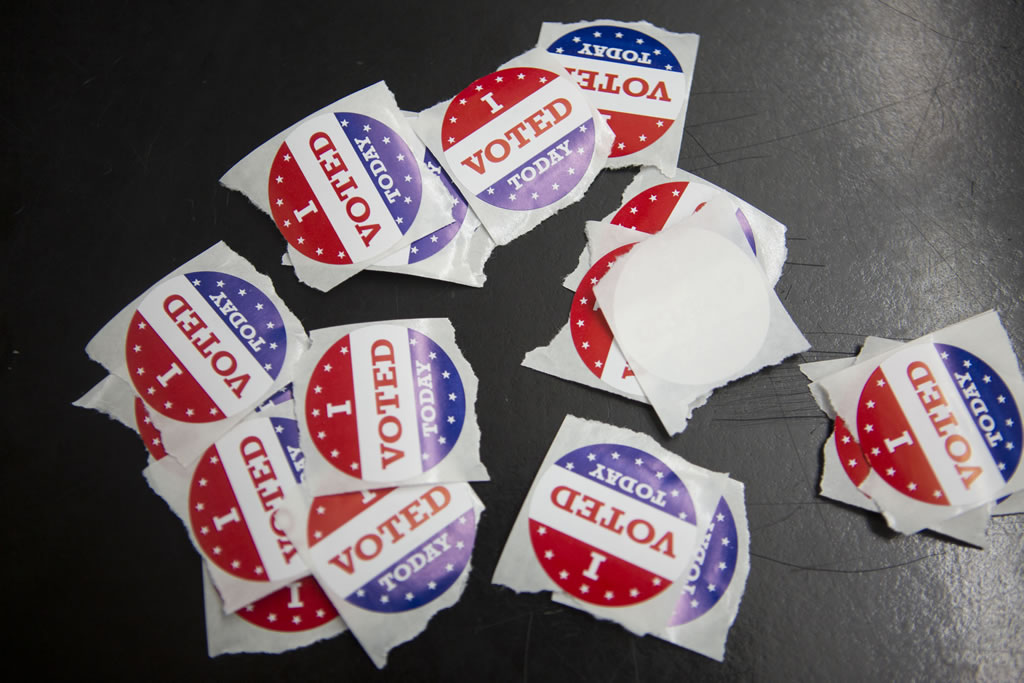The Wisconsin Elections Commission on Wednesday unanimously backed a proposal to send roughly 2.7 million voters an absentee ballot application.
Staffers anticipate just 1 percent of recipients will respond to the mailing, which will cost around $2.3 million. But staff said the anticipated response rate was a “crude estimate” based on experience with past mailings.
The mailing was one of three pro...
Please log in to access subscriber content.
If you don't have a subscription, please contact schmies@wispolitics.com for subscription options on the WisPolitics-State Affairs platform, which is the new home for WisPolitics subscriber products.


